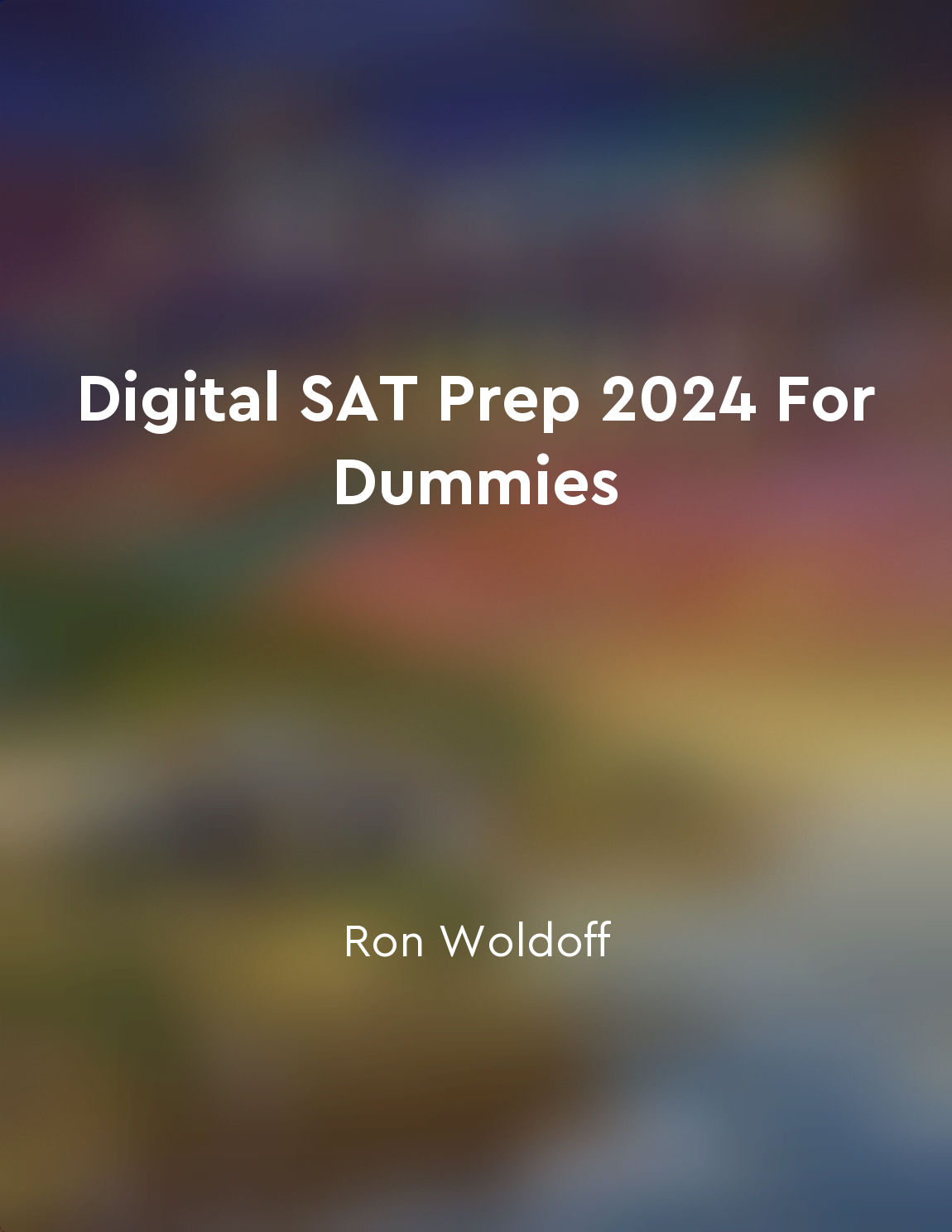Audio available in app
Understanding premises leads to valid conclusions from "summary" of The Power of Logical Thinking by Marilyn vos Savant
The foundation of logical reasoning rests on the identification and assessment of premises. These premises serve as the building blocks for conclusions. When premises are clearly defined and accurately understood, the path to valid conclusions becomes evident. Each premise plays a critical role in the overall argument; any flaws or ambiguities within them can lead to misguided conclusions. Consider two premises: "All humans are mortal" and "Socrates is a human." From these, one can logically conclude that "Socrates is mortal." The clarity of each premise allows for a straightforward deduction, demonstrating how well-established premises guide thought processes toward accurate conclusions. When engaging with arguments, it's essential to scrutinize the premises. Are they true? Are they relevant? If the premises are valid, the conclusions drawn from them will also be valid. However, if the premises are based on faulty assumptions or misinformation, the resultant conclusions may be misleading or entirely incorrect. Logical reasoning also requires consistency. If one premise contradicts another, confusion arises, leading to erroneous conclusions. Thus, maintaining coherence among premises is vital for sound reasoning. Engaging with opposing viewpoints can further clarify premises. By understanding diverse perspectives, one can refine their arguments, ensuring that premises are robust and conclusions are well-supported. This iterative process enhances critical thinking skills and fosters a deeper comprehension of complex issues.- The journey from premises to conclusions is not merely a logical exercise; it is an exploration of clarity and truth. By nurturing a keen awareness of premises, individuals empower themselves to navigate complex discussions and arrive at reasoned conclusions. This skill is invaluable in everyday decision-making, fostering a culture of rational discourse and informed judgment.
Similar Posts
Cognitive flexibility is essential for mental growth
In order to thrive in an ever-changing world, individuals must possess the ability to adapt and think creatively. This characte...
Varying study locations enhances memory consolidation
When you're trying to commit something to memory, it's not just about how many times you review the material. The way you study...
Ethical principles vary
Ethical principles are not set in stone; they are fluid and subject to change depending on cultural, historical, and social con...
Intellectual freedom is a cornerstone of academia
Intellectual freedom, the freedom to think and express ideas without fear of censorship or reprisal, is a fundamental principle...

PNL techniques can enhance persuasion skills
The application of Neuro-Linguistic Programming (NLP) techniques can significantly enhance one's ability to persuade others. By...
Enhance mathematical abilities
The concept of enhancing mathematical abilities is crucial for students, especially at a young age. It involves developing a st...
Use specific examples to clarify concerns
Let's dive into the concept of using specific examples to clarify concerns. When we are faced with a crucial confrontation, it ...
Simplifying complex problems leads to clarity
When faced with complex problems, it is essential to break them down into simpler components. By simplifying complex problems, ...

Utilizing practice tests effectively
When it comes to preparing for the SAT, practice tests are your best friend. These tests are designed to mimic the format and c...
Expand your vocabulary and language skills through reading
To become a better reader, one must understand the importance of expanding one's vocabulary and language skills through reading...

